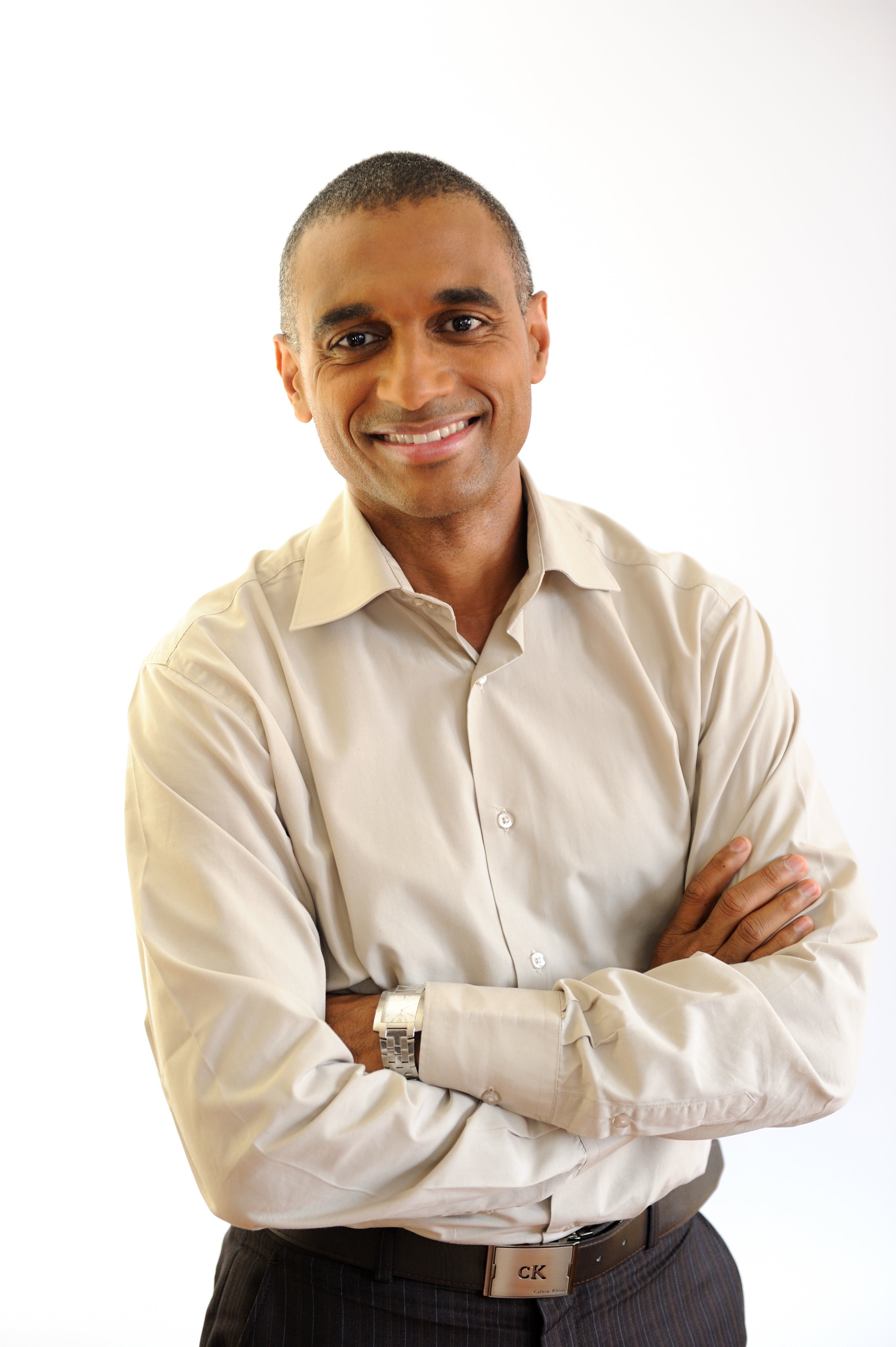
After more than 40 years of operation, DTVE is closing its doors and our website will no longer be updated daily. Thank you for all of your support.
Interview: Olivier Laouchez, CEO, Trace
As French media group Trace prepares to expand the distribution of its new sports channel Trace Sports, founder and CEO Olivier Laouchez spoke to Graham Pomphrey about how the channel fits into the company’s role of music broadcaster.
 Last year, France-based broadcast group Trace made its first steps into sports, with the launch of Trace Sports channel. It was a surprising move for a company who had, since 2003, focussed solely on music channels.
Last year, France-based broadcast group Trace made its first steps into sports, with the launch of Trace Sports channel. It was a surprising move for a company who had, since 2003, focussed solely on music channels.
The seed behind Trace Sport began when the company saw a gap in the market between sports and entertainment channels, explains Trace CEO Olivier Laouchez. Rather than airing live coverage or highlights of sporting events, Trace Sports aims to delve into the lives of global sports stars, a kind of E! Entertainment with muscles.
Having received favourable feedback from distibutors, the channel rolled out last July on Hong Kong Broadband’s bbTV platform. Fast forward a few months and the channel is now available on 28 platforms worldwide.
“There was a clear gap in the entertainment market for content that is uniquely about sports celebrities,” says Laouchez. “There are plenty of sports channels that will give you footage of matches and events, but we felt there was something missing that gave an in-depth look at the sports stars.”
Laouchez claims that Trace has enviable access to top sports stars from the likes of Formula 1, the English Premier League and the NBA. It also made the bold step to commission its own content, which accounts for around 80% of the channel’s output. The broadcaster has partnered with UK-based sports content provider IMG, which has a production team dedicated to the channel. A recent deal with Turkish sports production company Enda Sports & Media will see the latter produce and distribute a Turkish version of Trace Sports, as well as manage content syndication and advertising sales. The production costs are “very expensive”, says Laouchez, but the company had little choice. “Because the format was very new, there was little content available. We always try and clear worldwide rights too, and it was difficult to buy content with those kind of rights,” he says.
With the Olympics looming, Trace is turning its attentions to the UK, whose capital hosts the event this summer. The country is home to Sky and ESPN’s line-up of dedicated sports channels and extensive coverage from free-to air broadcasters the BBC, ITV, Channel 4 and Five, but Laouchez says there is still a lot of potential for Trace Sports. “Sport is so important in the UK and we think our content is very complimentary for the propositions that already exist, rather than competing against them,” Laouchez says. “We can establish a connection between the viewers and the sports stars that they see competing on other channels. It’s a very fresh and compelling proposition.”
While Trace is focused on Trace Sports, music remains its core business. Trace Urban, which airs music dedicated to hip-hop and R&B artists, launched in 2003 and is now in 160 countries. The broadcaster later developed Trace Africa, delivering African music, and last year launched Trace Tropical, which offers music from the Caribbean.
Trace has managed to grow over the last nine years, despite the recent economic downturn, thanks in part to targeting emerging markets. Africa has been a big focus for the company, says Laouchez. “We managed to capture the growth of emerging markets and Africa is a priority continent for us,” he says. “But we’re also doing deals in Asia and we’re in Colombia and Mexico, for example. We have a global footprint that doesn’t rely on the more developed countries.”
Laouchez is also keen to highlight the work Trace does to ensure its content is relevant for the target market. It has people “on the ground” in key markets that have brought new artists to the attention of audiences early on. “We try to understand what young people like and what they want from a music channel and invest a lot in music research,” he says. “We ensure our people form a very close relationship with artists. For example, Nigeria has a very vibrant music scene, with stars that were not known outside the country; we have given them exposure and they are now touring all over the world. We have to be cutting edge to give us the edge over competitors.”
For the time being, all of Trace’s channels are pay TV channels, with about half of revenues coming from subscriptions, 20% from advertising and 20% from ancillary businesses, including digital operations. The broadcaster is planning a big push on multiscreen and connected TV services this year. It is developing short-form videos that it will offer for free on various digital platforms, and is also looking at developing a mobile TV service offering its linear channels and additional VOD content, says Laouchez.


